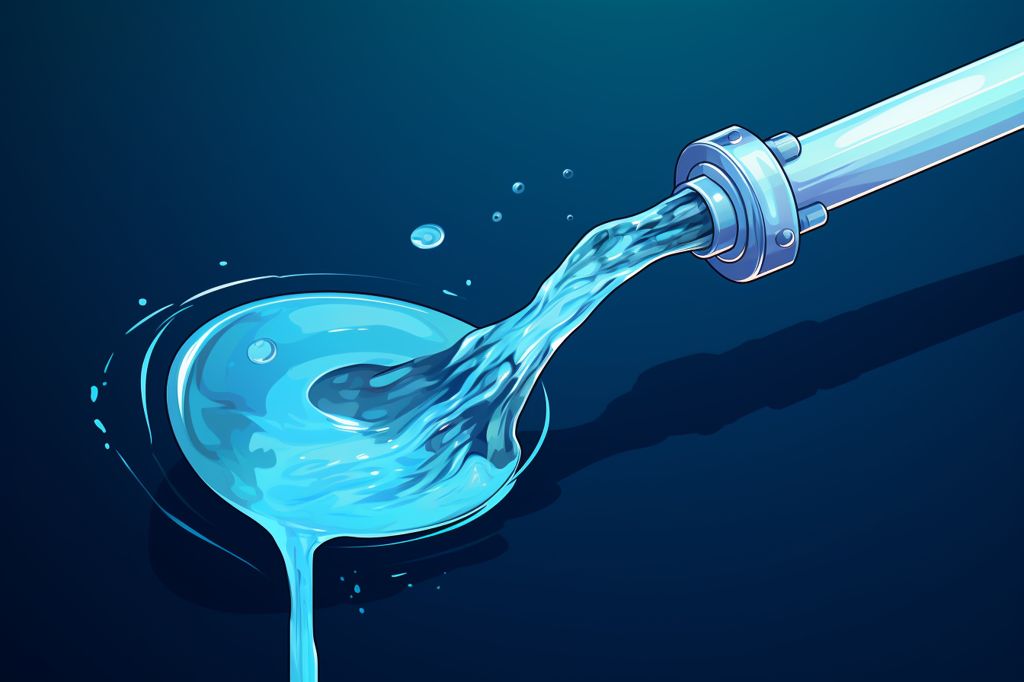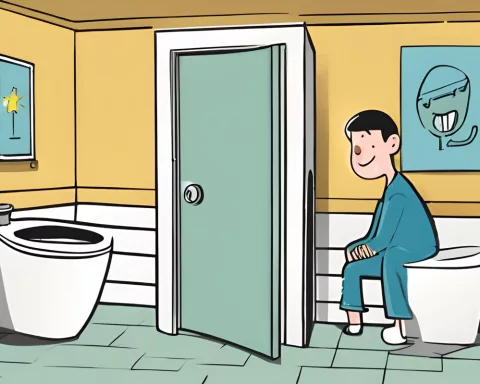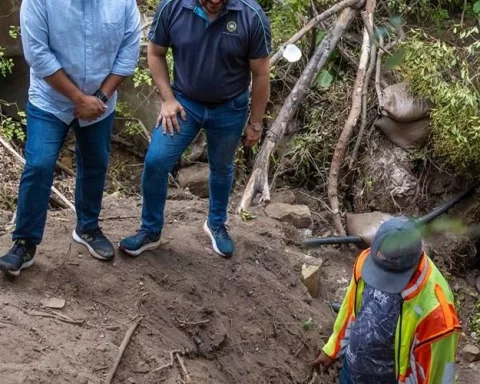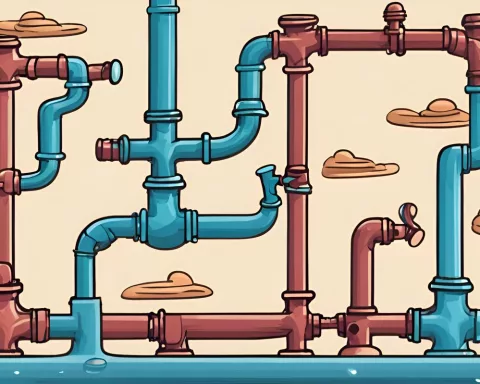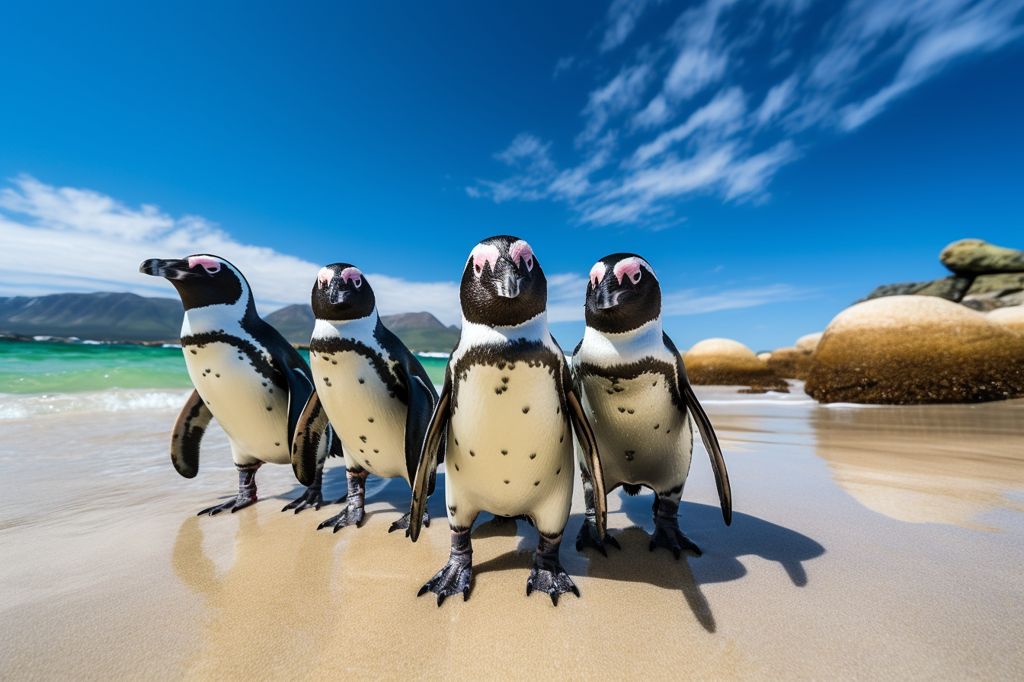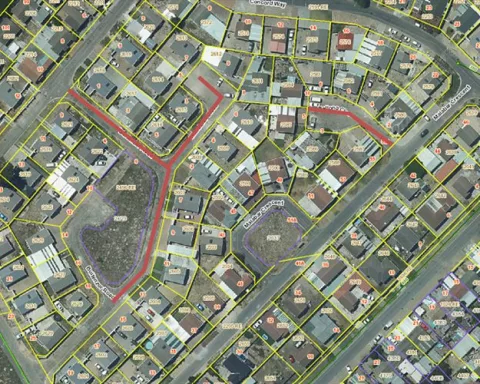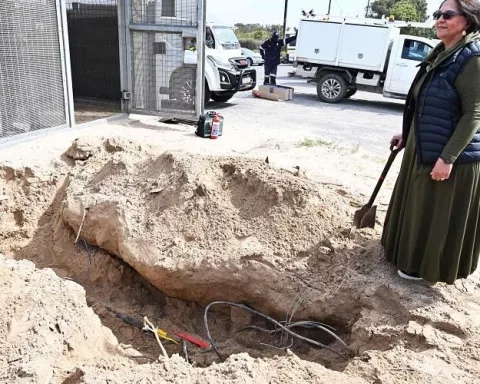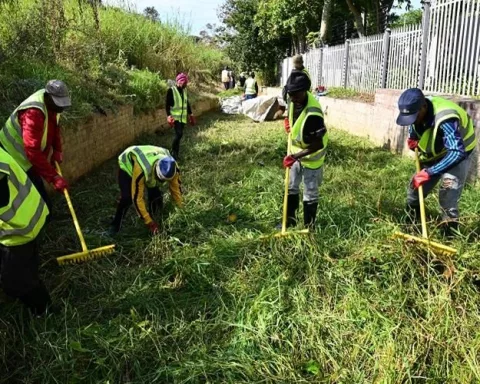The Water and Sanitation Directorate of the City of Cape Town proudly announces the successful utilisation of 95% of its capital budget for the 2022/23 fiscal year. The accomplishment reinforces the city’s commitment to investing in vital infrastructure to ensure the provision of high-quality drinking water and dignified sanitation, particularly in informal settlements.
Commendable Accomplishment
Councillor Zahid Badroodien, the mayoral committee member for water and sanitation, commends the Directorate’s staff for expertly managing the R2.385 billion capital expenditure, which is the largest allocation within the city for the 2022/23 financial year. The achievement includes significant enhancements to wastewater treatment capacity, with R248 million spent on upgrading Zandvliet Wastewater Treatment Works (WWTW) and R129 million allocated for the long-awaited extension of Potsdam WWTW.
Key Projects under Capital Expenditure
Several essential projects contributed to the capital expenditure, including:
- R221 million to recharge the Cape Flats Aquifer
- R159 million for the replacement and enhancement of the sewer pipe network
- R104 million for sewer pump stations upgrades
- R118 million for the rehabilitation of the Cape Flats sewer pipeline
- R117 million for upgrades to the water pipe network
Addressing Power Disruptions
The Water and Sanitation Directorate facilitated the implementation of Uninterrupted Power Supply Systems (UPS) at pump stations and tightened security measures to deter vandalism to resolve power disruptions.
Fulfilling Water Strategy Objectives
The doubling of the city’s capital budget to R4.3 billion in the coming fiscal year enables the Water and Sanitation Directorate to fulfil objectives outlined in its water strategy. R604 million is allocated to support the New Water Programme, benefiting the Cape Flats, Atlantis, Table Mountain Group aquifers, and the Faure New Water plant. Councillor Badroodien emphasises the significance of these investments, stating that they will help deliver on the city’s crucial water strategy objectives.
Improving Living Conditions for Vulnerable Communities
R38 million is designated to install new taps and toilets in informal settlements, demonstrating the City’s ongoing commitment to improving living conditions for vulnerable communities. Efforts to repair leaks in indigent households will continue to improve conditions for 534 households further.
The City of Cape Town’s Water and Sanitation Directorate achieved an outstanding 95% utilisation of its capital budget, demonstrating the city’s determination to invest in essential infrastructure and services that directly impact its residents’ lives. The city looks forward to meeting fresh challenges and further advancing its water and sanitation strategy to benefit all Cape Town residents in the coming fiscal year.

